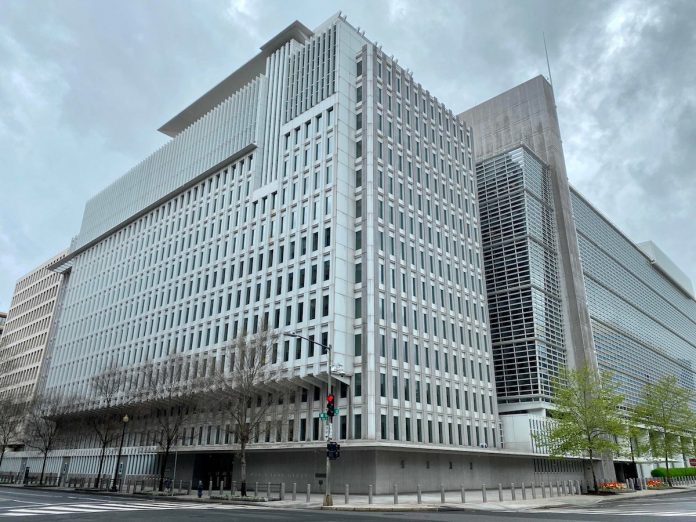The World Bank (WB) approved a US$450 million loan to support momentum in Morocco for reforms designed to increase public access to financial and digital services.
Part of a series of three, the Second Financial and Digital Inclusion Development Policy Financing (DPF) loan aims to expand the availability of financial services and digital infrastructure for individuals and businesses, as well as improving financial inclusion and digital entrepreneurship, said a statement by the Washington-based financial institution.
“The Covid-19 crisis has disproportionately affected the most vulnerable, including women, youth, informal workers and smaller enterprises. For these segments of society, improved financial and digital access has proved critical to reducing their social exclusion during the crisis, and to maintaining access to basic services and promoting digital entrepreneurship,” said Jesko Hentschel, World Bank Maghreb Country Director.
He added that “the current program articulates Morocco’s emergency response to COVID-19 by building grounds for better access to paperless digital services, with transformative reforms designed to create opportunities in the long-term.”
In line with the first DPF, the current program seeks to deepen reforms aimed at boosting the financial resilience of households and micro-, small-, and medium-size enterprises (MSMEs).
“Increasing access to finance for start-ups and small enterprises is a key objective of this budget support operation, which also emphasizes expanding access to micro-insurance as key to building resilience,” said Onur Ozlu, Senior Economist and co-Task team Leader.
“Moreover, this program will promote innovative financing solutions, such as crowdfunding, an emerging sector in which Morocco is among the front-runners in the Middle East and North Africa,” he added.
The DPF series also supports policy measures to enable the rollout of the country’s social protection program. These include the creation of digital IDs for the easy identification of welfare beneficiaries, as well as the facilitation of cashless payments as part of cash transfer programs.
Strengthening digital infrastructure and access to it is a core pillar of this program and a priority in Morocco’s new development model, according to the WB.
“Building on the government’s strategy and the lessons learned during Covid-19, the overall program supports reforms to stir up competition in broadband markets and expand connectivity in about 2,400 underserved rural localities,” said Arthur Foch, Senior Digital development Specialist and co-Task team Leader.
Women’s livelihoods have been adversely affected during the pandemic. The program prioritizes women’s inclusion and access to economic opportunities. The DPF encourages the creation of a good environment for women-led start-ups and for increasing women’s representation in business.
Women’s livelihoods have been adversely affected during the pandemic. The program prioritizes women’s inclusion and access to economic opportunities.
The DPF encourages the creation of a good environment for women-led start-ups and for increasing women’s representation in business.
“The reforms underpinned by this series of programs underline how critical women’s empowerment is to shared prosperity,” said Dalia Al Kadi, Senior Economist and co-Task team Leader.




